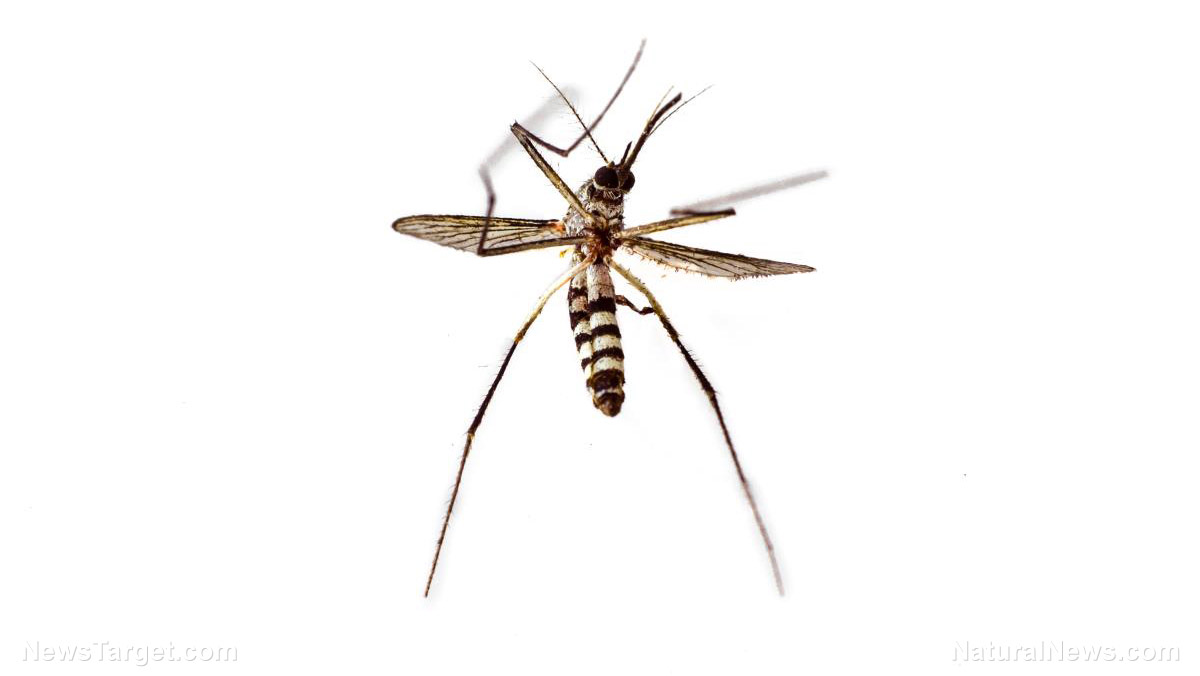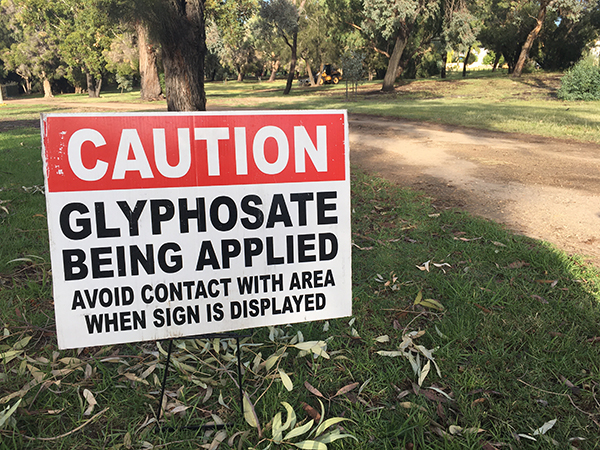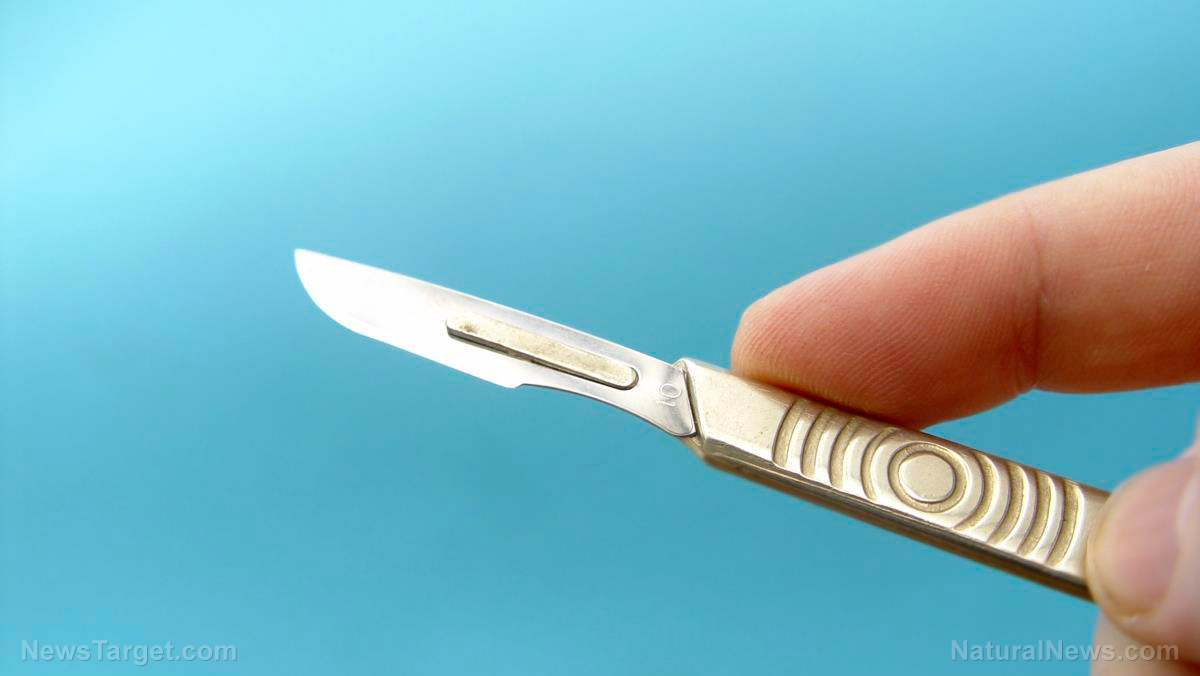Tens of thousands of GMO mosquitoes released in Djibouti to “fight malaria”
05/30/2024 / By Cassie B.

Authorities have released tens of thousands of genetically modified mosquitoes in Djibouti to deal with malaria… what could possibly go wrong?
The mosquitoes being released are male Anopheles Stephensi mosquitoes, who do not bite. They target female mosquitoes, which are the only ones that can bite and transmit viral diseases like malaria; the GMO insects carry a gene that effectively kills female offspring before they can reach maturity. Meanwhile, the male offspring can survive, but the company behind the technology claims they will die out eventually.
The Stephensi mosquito species that is behind Djibouti’s current wave of malaria is notoriously challenging to control. Originally from Asia, it has somehow managed to overcome traditional methods of mosquito control, such as chemical insecticides. Unlike other mosquito species that thrive in rural settings, these fare better in cities, which means the number of people who can become infected is much higher – and many urban dwellers do not have much resistance to the disease because they have never been exposed to it before.
The mosquito is known for biting around the clock and has caused rates of malaria in the small coastal country to skyrocket. Although they had almost eliminated malaria there about a decade ago, recording only 27 cases of the potentially deadly disease in 2012, more than 70,000 people contracted it in 2020, which amounts to one out of every 15 people there; 190 of them died. The mosquitoes are also spreading to other areas of Kenya and Ethiopia, putting more people at risk.
We are building the infrastructure of human freedom and empowering people to be informed, healthy and aware. Explore our decentralized, peer-to-peer, uncensorable Brighteon.io free speech platform here. Learn about our free, downloadable generative AI tools at Brighteon.AI. Every purchase at HealthRangerStore.com helps fund our efforts to build and share more tools for empowering humanity with knowledge and abundance.
This marks the first time this type of mosquito has been released in East Africa, although genetically engineered mosquitoes were released in Burkina Faso in 2019 for an early-stage trial. However, similar efforts have been carried out in Panama, India, the Cayman Islands and Brazil. All told, more than a billion GMO mosquitoes have been released throughout the world.
The mosquitoes released in Djibouti were developed by the UK biotechnology firm Oxitec, which received funding from Bill Gates. In the past, it gained approval from the Environmental Protection Agency to release GMO mosquitoes in Florida and California to combat diseases such as dengue fever, canine heartworm and Zika.
GMO mosquitoes could cause unpredictable damage to the environment and human health
Malaria is undoubtedly a big problem in many countries, but the release is generating plenty of controversy. First, the potential ecological consequences of releasing these engineered mosquitoes into the environment are unknown, but it’s not unreasonable to assume that interfering with nature and the genetic makeup of mosquitoes could cause major disruptions to our planet’s ecosystem and create issues we simply can’t predict.
Moreover, there is a possibility that the modifications might not be quite as effective as hoped at reining in the problematic mosquitoes; in the worst-case scenario, they could even give rise to a new strain of mosquitoes that is even more resistant to traditional controls.
Public health experts, meanwhile, have warned that relying on these GMO mosquitoes could come at the expense of focusing on other strategies for preventing malaria that can have further-reaching positive effects on the people of Djibouti. For example, improved sanitation could prevent a number of other diseases besides malaria, as well as infections and other health complications, while distributing bed nets could protect people from a range of disease-carrying insects and other pests. They insist that a more comprehensive approach is needed.
Sources for this article include:
Submit a correction >>
Tagged Under:
big government, biological weapons, biotech, bioterrorism, biowar, djibouti, Ecology, environment, genetic lunacy, GMO mosquitoes, GMOs, infections, insanity, Malaria, mosquitoes, national security, outbreak, Plague, science deception, science fraud
This article may contain statements that reflect the opinion of the author





















